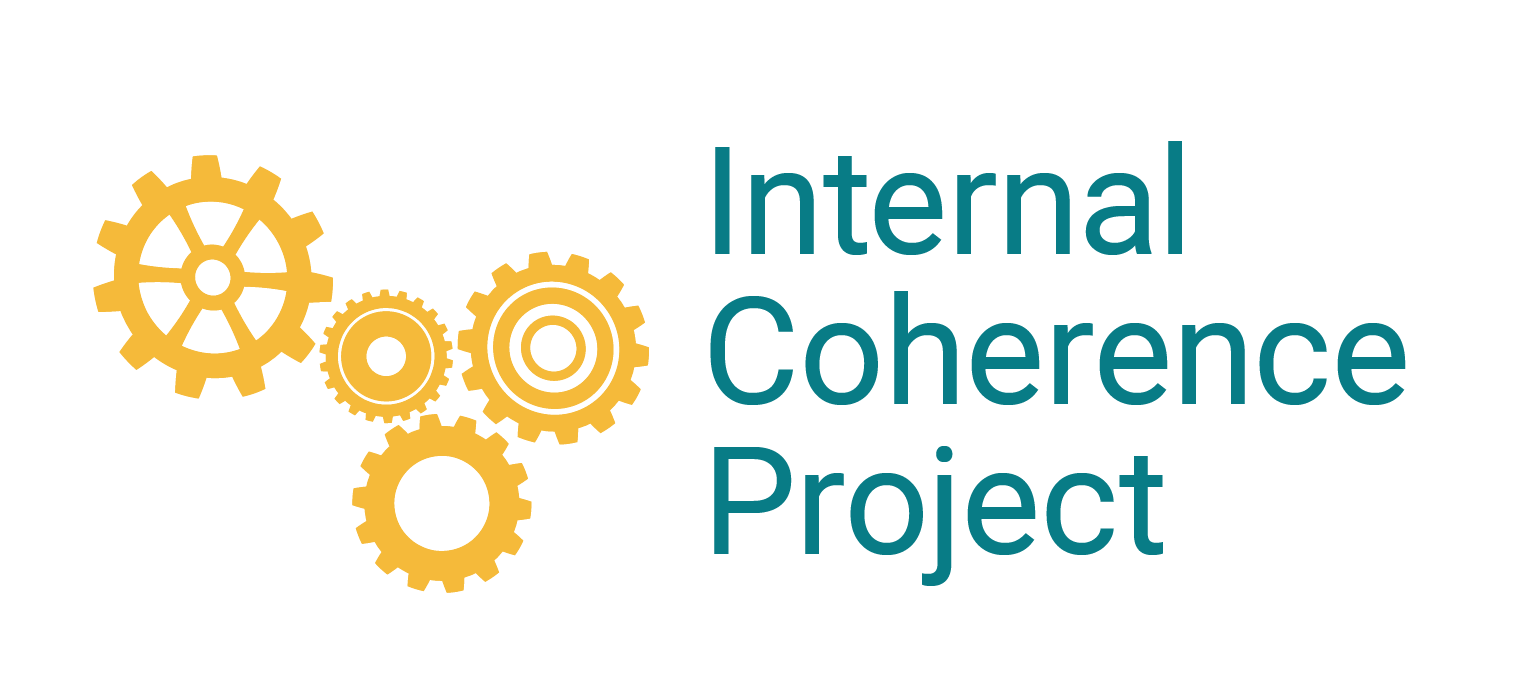Determining Next Steps
The final element of the Internal Coherence framework is the connection between the ICAP profile and the practice of participating teachers, principals, and district leaders. Once the ICAP has been completed, school profiles are used as a point of departure for a series of professional development events and supports for school and district leaders. The Internal Coherence professional development model is designed to engage practitioners in an analysis of the conditions of their own organizations, and the processes by which they can build sustained learning environments within them. In other words, the goal of the IC professional development is to use ICAP data to enhance the ability of leaders at the school and system levels to create the conditions necessary for educators to engage in the continuous improvement of their classroom practice over time.
Connecting the Profile to Practice
The problem of linking the system, the school, and the classroom around school improvement is not so much a problem of the lack of knowledge as a problem of putting the knowledge we have to work around critical gaps in theory and practice. Hence, the professional development intervention anchored in the ICAP data focuses not on developing new models of school leadership or accountability, but in filling in gaps in the existing research and in connecting existing research more tightly to the practice of school improvement.
The Internal Coherence professional development model is designed around three basic principles:
- Developing a safe environment for practitioners to examine evidence from the ICAP profile and to connect that evidence to their overall improvement plans, the internal structures and processes of their schools, and their relationships with system-level supervisors and teachers;
- Using data from multiple sources, including the ICAP and measures of student performance, helps leadership teams to develop their faculties’ ability to make binding commitments at the classroom, group, and school level to engage in specific actions leading to improvements in performance; and
- Developing the self-monitoring and self-correcting practices necessary to assess whether the agreed-upon actions are leading to the desired results in instructional practice and student performance.
Our initial work with schools suggests that the effect of the Internal Coherence process occurs in stages:
- Recognition, or using the assessment data to engage in structured inquiry about the conditions of teaching and learning in the school, and the leadership practices and organizational processes that surround them;
- Planning, or using the Internal Coherence data, coupled with other data sources, to frame a set of specific actions that will lead to improved instruction and student performance; and
- Commitment, or a formal process of agreeing on specific actions and the processes by which teachers and administrators will hold each other accountable for carrying them out.
Transfer of Agency
The Internal Coherence Assessment and Protocol was developed by a team consisting of Richard Elmore, Michelle Forman, Elizabeth Leisy Stosich, and Candice Bocala.
If you are interested in learning more about how the Internal Coherence Project works with schools, school systems, and other education partners, please email Michelle Forman at mforman@serpinstitute.org.
